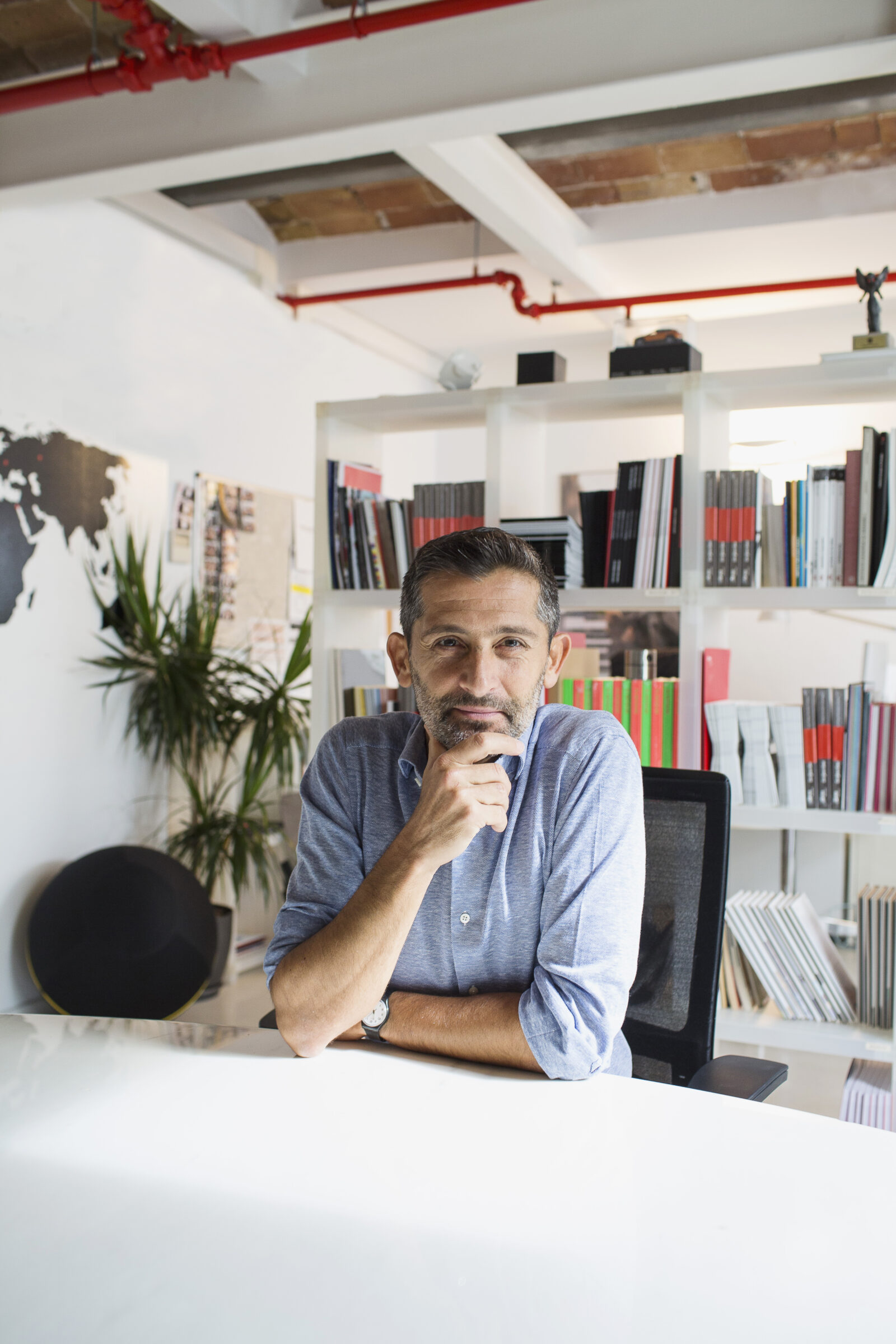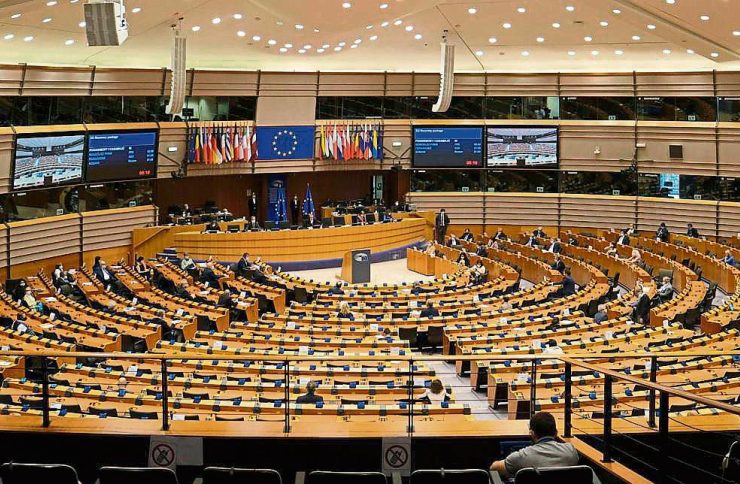«Barcelona is a city that attracts young talent», by Andrea Marchesi

Andrea Marchesi is 53 years old, Italian and married. He was born in Rome but has lived in several Italian cities including Milan, Turin, Bologna and Livorno. Since 2020 he has been Director of the Barcelona branch of the Istituto Europeo di Design (European Design Institute, IED), an Italian multinational that has been offering training programmes in the fields of design and communication for 60 years. The IED has 11 branches in three different countries —Italy, Spain and Brazil— with around 1,000 staff members and 10,000 students from 90 different countries.
Why did you choose Barcelona?
I moved to Barcelona in 2007. The first time I visited the city, I fell in love with it. I jumped at the chance to move to Barcelona for work, attracted by its dynamism, diversity and the fact that it is a European benchmark in the fields of architecture, design and creativity in general. Barcelona’s high quality of life and avant-garde approach as a ‘smart city’ are what convinced me to stay.
What are the city’s strengths?
Barcelona is a city that attracts young talent, professionals and companies from all over the world, making it the perfect place to carry out social innovation and economic projects.
It also boasts a plethora of public and private institutions and entities that work together, with a clear vision, to promote the creative industries.
Which aspects of the city need to be improved? How?
In recent years, there have been disagreements at the political level that have made it harder for society to come together. This has made it more difficult to focus on the tasks at hand, pool efforts and resources and channel positive energies towards a clear and shared vision. The good news is that there’s still room for improvement, particularly in creating the ideal conditions that will make international entrepreneurs choose Barcelona over other locations as a business and innovation hub.
There are also significant bureaucratic barriers that make it difficult for companies to benefit from young talent —particularly non-EU talent— who want to study and subsequently stay in Barcelona. Competition is also tough with other European cities that are betting heavily on attracting these young professionals.
What do you expect from Barcelona in the coming years?
I feel that the city has a well-defined roadmap and that great progress is being made in certain strategic sectors, such as digital transformation and the Green Deal. However, we need Barcelona to continue to be a city that is open to dialogue between the public and private sectors and civil society —with consideration for the social impact of economic activities, as set out in the UN’s Sustainable Development Goals (SDGs) —to achieve a fairer and more inclusive society.
As I was saying before, Barcelona needs to have a clear view of the competitive landscape in other major European capitals so that it doesn’t miss out on the best players. Of course, it must also keep one eye on what’s happening in Spain, but it can never lose sight of what it’s doing and what its European competitors are doing. To remain at the forefront, Barcelona can’t afford to let its guard down.
Which city do you consider to be your home city?
I consider Barcelona to be my city. It is today, and it will be tomorrow, from both a professional and personal perspective.








